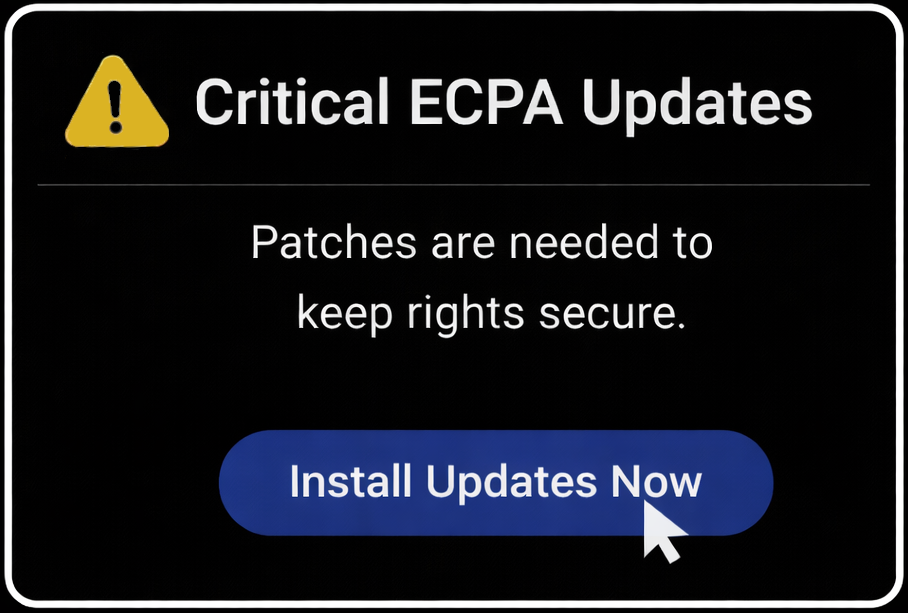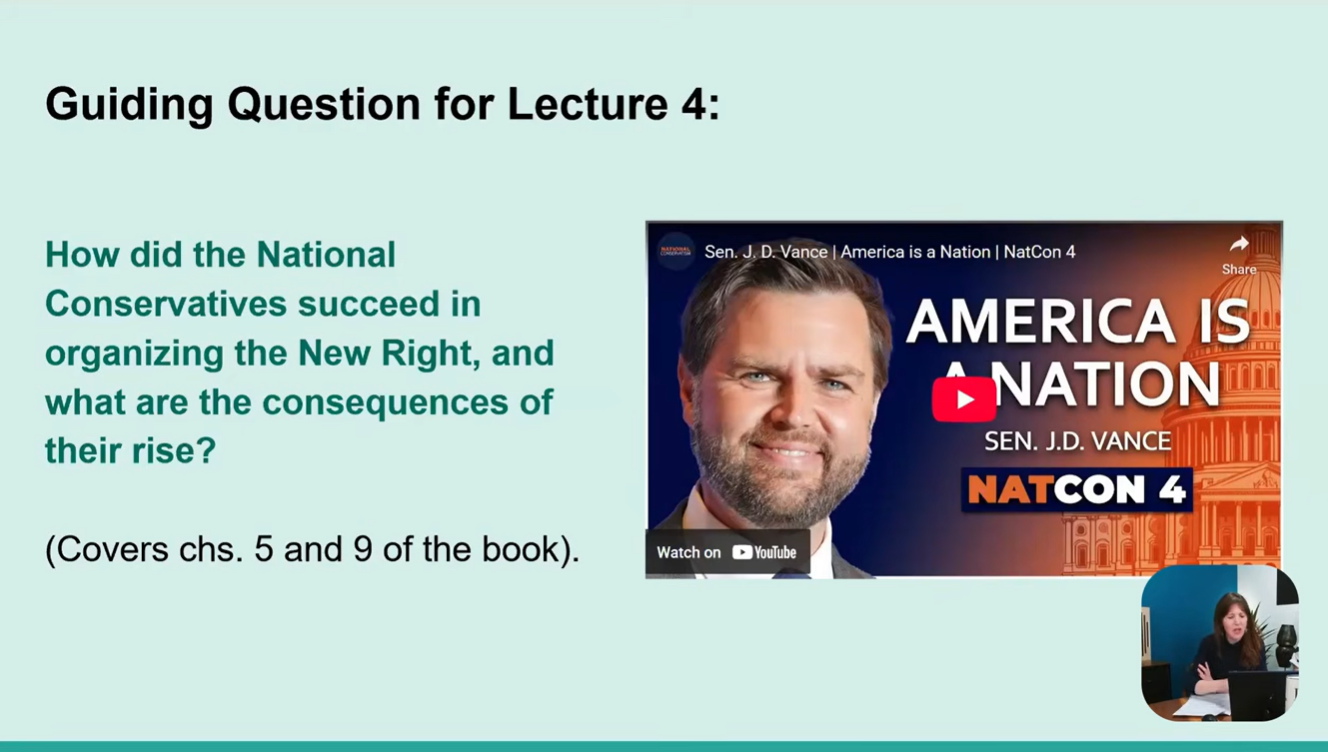"The President As Lawmaker: Moderating Executive Authority in Wartime"
That's the title of this interesting piece, on foreign affairs preemption and executive agreements. The author is Daniel Silverberg, a lawyer working in the House of Representatives on national security and foreign affairs issues. His article concludes:
This article constitutes an effort to examine the scope of the Executive’s power to preempt state law where Congress has taken no action.
That's the title of this interesting piece, on foreign affairs preemption and executive agreements. The author is Daniel Silverberg, a lawyer working in the House of Representatives on national security and foreign affairs issues. His article concludes:
This article constitutes an effort to examine the scope of the Executive’s power to preempt state law where Congress has taken no action. In the realm of foreign affairs, where both Congress and the President share power, at what point does Congress take the “lead role,” or at least play a critical function, in the Executive’s implementation of foreign policy? Medellin reveals that the answer may be highly contextual. To the extent the U.S. continues to play a superpower role globally, the Executive will likely continue to play an outsized role in foreign affairs. However, during periods where the Executive is operating with a strong hand, such as a period of armed conflict, the Court may want to see greater congressional involvement in foreign policy matters, including preemption of state law. Similarly, the Court may read congressional inaction contextually. Congress has a tough time legislating in foreign affairs, particularly where a problem lacks an easy solution, such as in the Holocaust insurance context. The Court, as it did in Garamendi, may not allow congressional refusal or inability to take action, to inhibit claims settlement for a large group of individuals. Yet where there is a pattern of Executive efforts to bypass Congress, or where the Executive claims an outsized role in foreign affairs, the Court may take a more stringent view of the President as lawmaker, as it did in Medellin. These cases remain important as the Court takes on cases implicating Executive prerogative in foreign affairs. For example, the Supreme Court ruled in 2012 on the justiciability of a case involving legislative constraints on the President’s authority to issue passports, and it recently heard oral arguments in the same case. The Zivotofksy case involved a U.S. citizen born in Jerusalem who sought to enforce statutory provisions regarding designation of his birthplace as Israel. Although the decision will focus on the President’s recognition power, at heart it involved questions regarding congressional authority to legislate in foreign affairs. Beyond the judicial context, recent incidents involving Presidential use of force highlight questions regarding the lawfulness of unilateral executive action abroad. For example, many Members expressed frustration with the President’s reliance on the 2001 AUMF to wage armed conflict against ISIL, sans explicit congressional approval. Likewise, the Iran nuclear negotiations will also constitute a key friction point between executive and legislative prerogative in foreign affairs. An outstanding question remains under what circumstances Congress may take the lead in foreign policy. Finally, in a globalized world, the notion of a clean division between federal and state activity in foreign affairs---first articulated in Curtiss Wright and reaffirmed in Garamendi---may no longer be feasible. The Court simply cannot expect states to refrain from regulation of matters that touch on foreign affairs given the far commercial reach of businesses into states. The practical and constitutional line between State and Federal, executive and legislative responsibilities in foreign affairs remains unclear, but the two decisions discussed in this article provide a preview of the inevitable conflicts to come as both states and the Executive seek to shape the United States’ external affairs.
Wells C. Bennett was Managing Editor of Lawfare and a Fellow in National Security Law at the Brookings Institution. Before coming to Brookings, he was an Associate at Arnold & Porter LLP.





